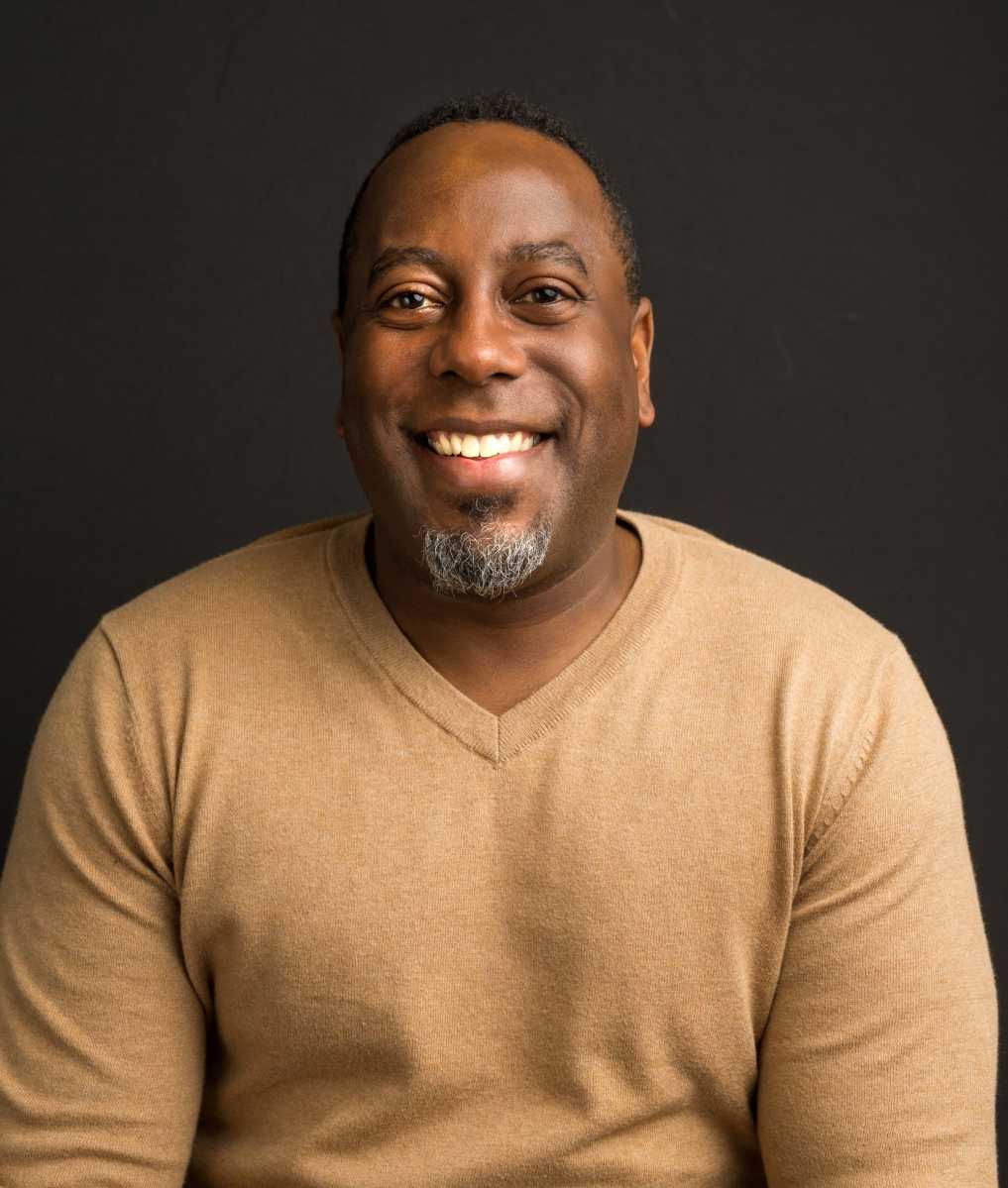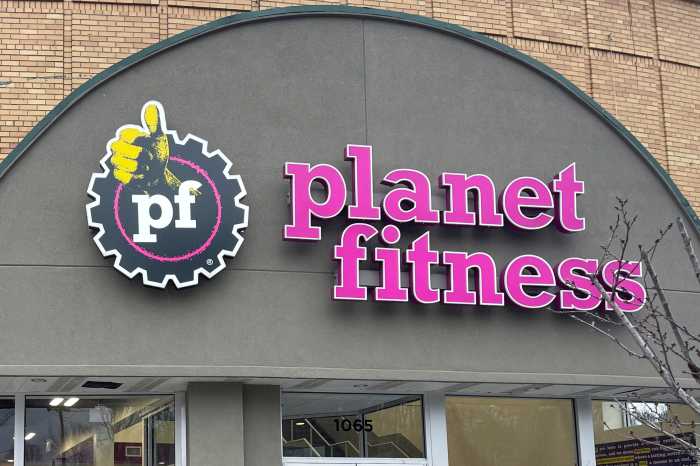When it comes to the sexual health of Philadelphians, PASHI is here to help.
The Philadelphia Area Sexual Health Initiative (PASHI) has a plethora of programs to help support and educate Philadelphians of all ages—although many of their programs focus on local youth.
For example, We Get to Choose (WGTC) is part of PASHI’s intervention study Talking Matters, a pregnancy prevention and sexual health education program that focuses on skill-building, decision making around sexual and reproductive health, relationship dynamics, mental health and substance abuse.
And Let’s Talk Real Talk (LTRT) is an adult-adolescent bridge-building program focused on healthy communication with youth around sexual and reproductive health learning.
“LTRT focuses heavily on building communication skills, so adults do not come off as judgmental or shut conversations down by making comments that serve as roadblocks to young people being more transparent about their feelings and desires related to their sexuality,” says Falon Seibert-Burns, MPH, PASHI Program Manager.
There is also Sexual Health Adolescent Risk Prevention (SHARP), a sexually transmitted infections and teen pregnancy prevention program, that is available for youth throughout Philadelphia of any racial/ethnic group or gender, ages 14 to 20, which integrates education about sexual and reproductive health, HIV prevention, and risks associated with drug use. The PASHI team has recently adapted this program to meet the needs of adolescents with Autism Spectrum Disorder and/or mild intellectual disabilities.
PASHI also offers a program called HORIZONS, a sexually transmitted infection and teen pregnancy prevention program with a focus on anyone who identifies as an African American female, regardless of their sex assigned at birth.
“The program teaches assertive communication skills, proper condom use, and nurtures cultural and gender pride, as well as being primarily female run and directed towards African American girls,” says Seibert-Burns.
Lee F. Carson, MSW, LSW and PASHI’s Director explains that all programming affects a range of adolescents with many identities and backgrounds, LGBTQ+ and beyond.
“The majority of participants are BIPOC (Black, Indigenous, and people of color), and PASHI programming over the past several years been well attended by adolescents within the LGBTQ+ community,” notes Carson. “Our youth programming and educators are intentional about language being used to acknowledge the wide array of relationship types and sex amongst partners and clarifying the difference between biology-based language vs gender-based language to describe anatomy and physiology.”
Attending to marginalized communities of all ages is the programs’ aim, as PASHI is intentionally focused on providing education to marginalized groups of people and addressing vulnerable populations and their needs.
“Our reach educating adults on SOGIE (sexual orientation, gender identity and expression) has been expansive – we find ourselves delivering education to more grandparents and extensions of families,” says Carson.
“And, we are working with faculty at the University of Pennsylvania School of Nursing to conduct interviews with transgender and non-binary (TGNB) Philadelphians ages 18+ to understand their experiences with accessing sexual health related services and how they feel providers can engage with TGNB persons in competent ways that reduce barriers to access,” adds Carson. “PASHI would also like to expand our work into providing adolescent sexual health programming specifically for LGBTQ+ adolescents. We have a program now called Chrome 2 Color that PASHI developed specifically for this population and are looking for funding to support it.”


































